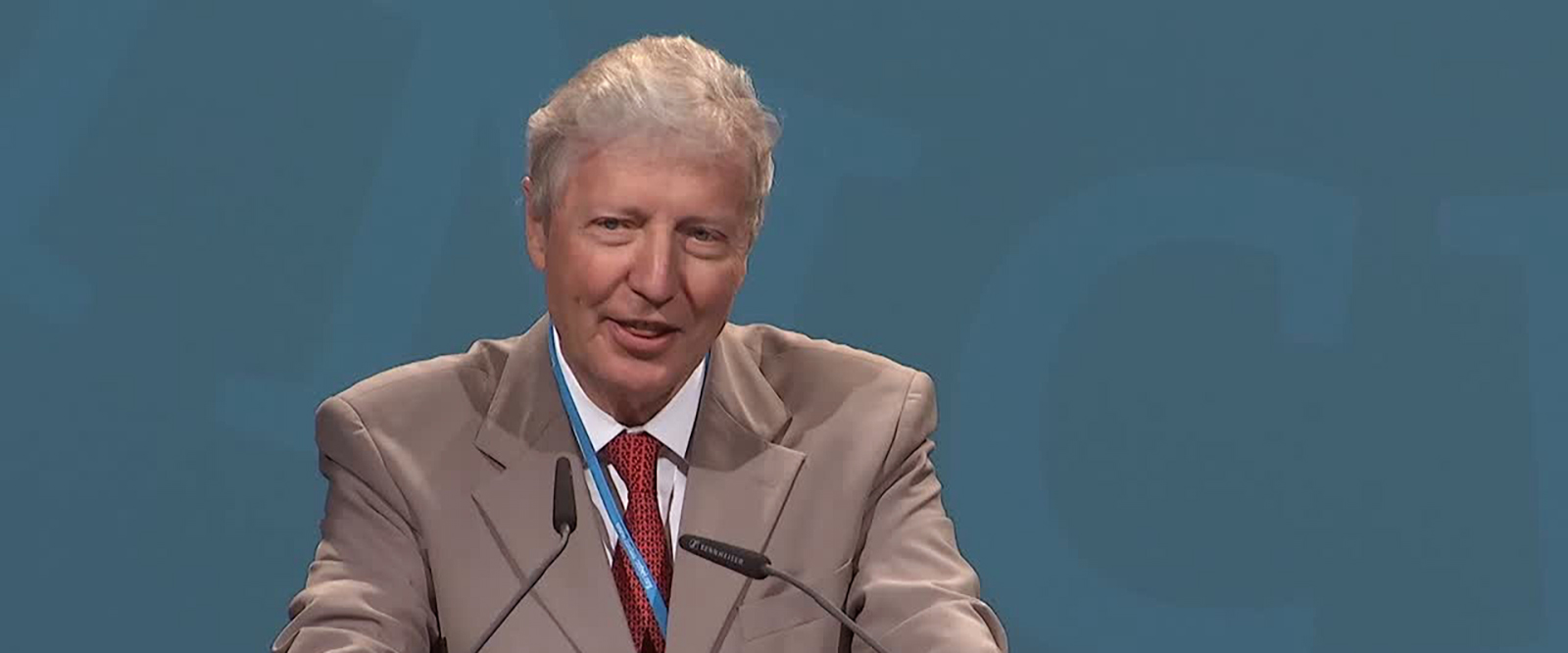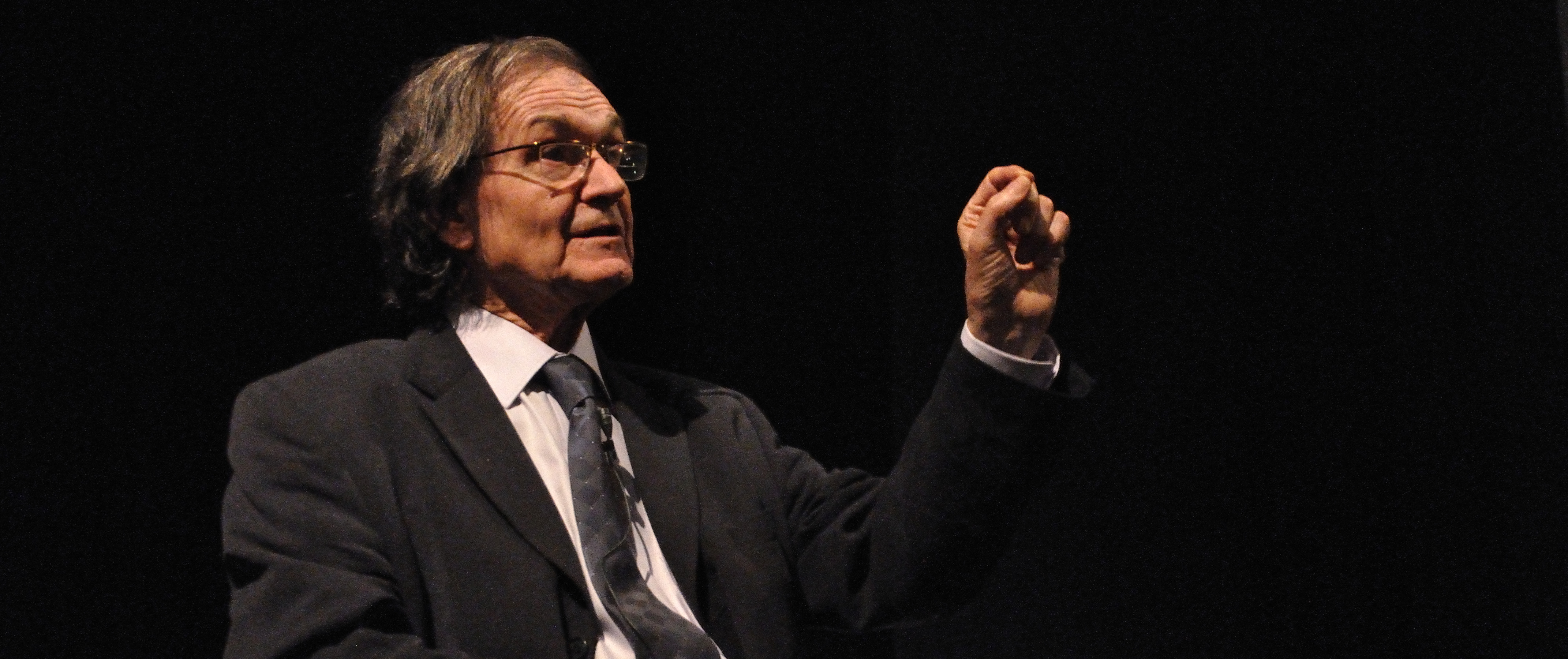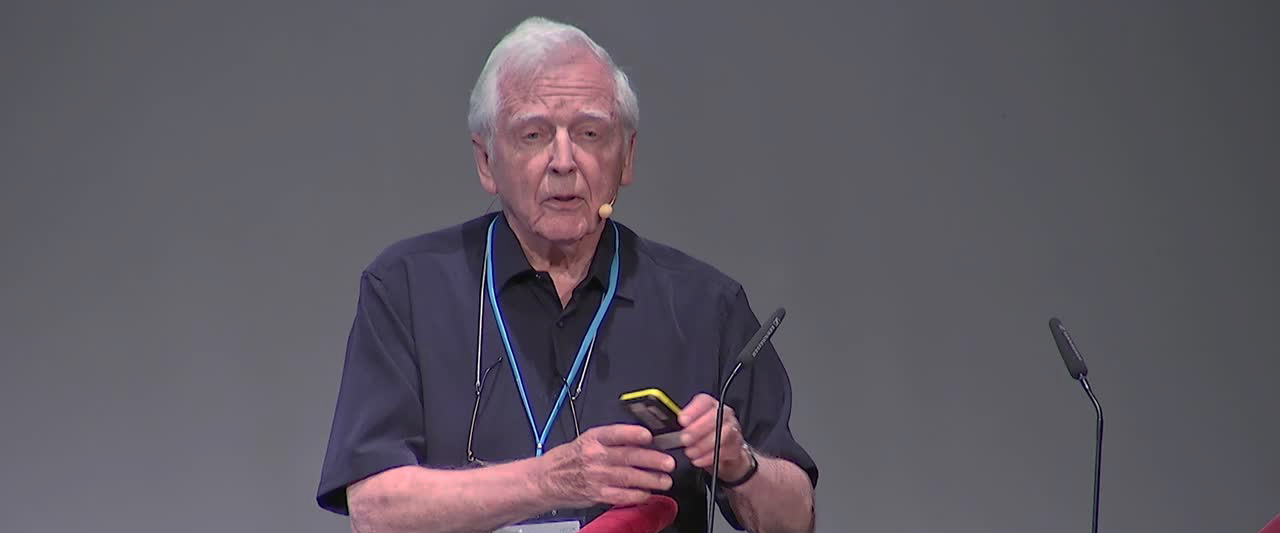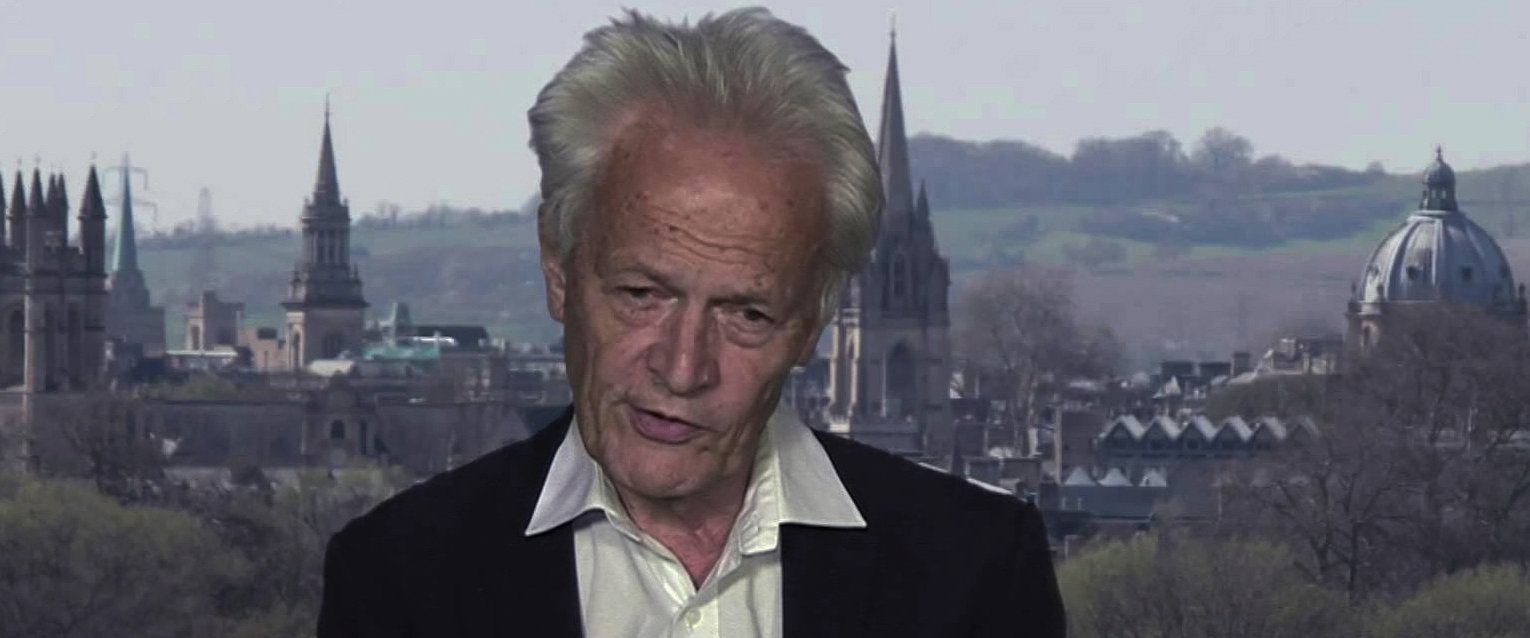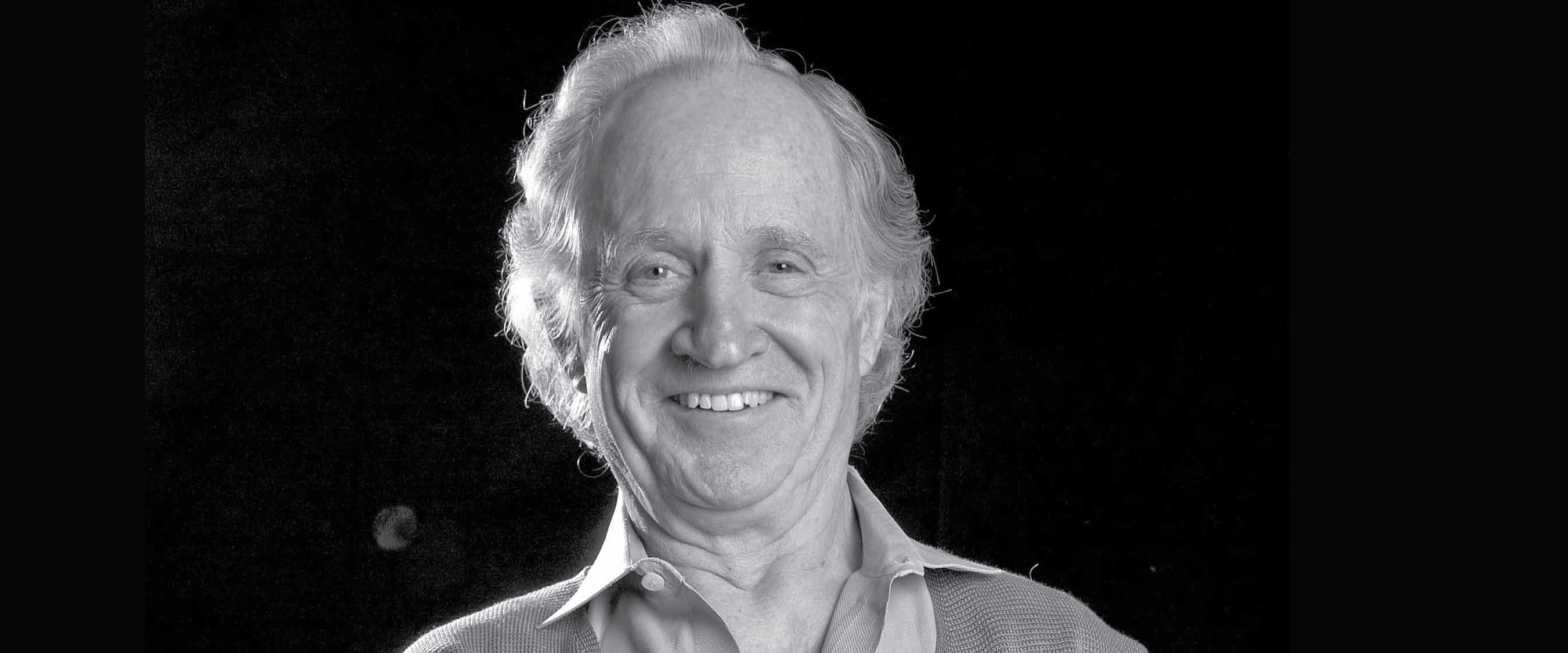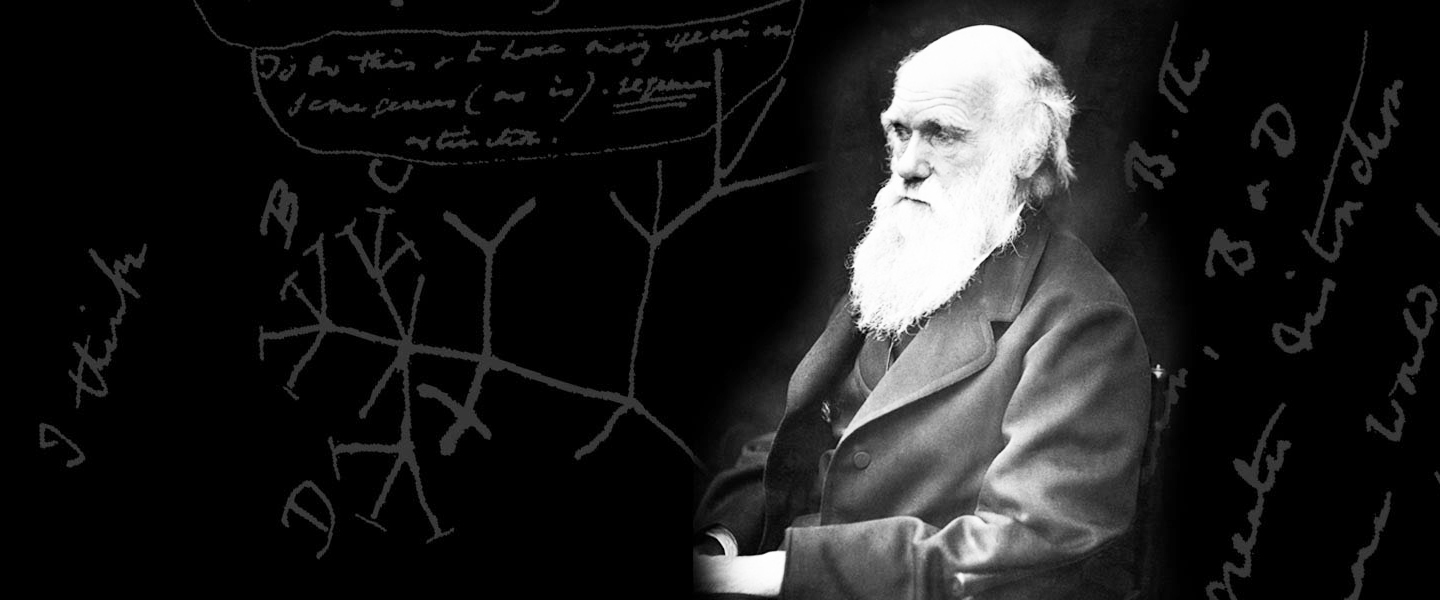18th October 2021. Giancarlo Forte, St. Anne’s University, Brno, Czech Republic and University of Turku, Finland
Understanding cell-matrix interaction and mechanosensing to counteract diseases.
Giancarlo Forte of the International Clinical Research Center, St. Anne’s University, Brno, Czech Republic and University of Turku, Finland will give a talk at 5.00 pm on the 18th of October on Understanding cell-matrix interaction and mechanosensing to counteract diseases. The talk will be available online at the following link:
https://us02web.zoom.us/meeting/register/tZAqduGhqz0pGdNm1rjHhecNtpkxJnqu_RrM
The seminar poster that can be downloaded here. All College students are invited to attend, especially undergraduates and postgraduates reading Biology, Biotechnology, Pharmaceutical Sciences and Medicine and PhD students engaged in research projects in the biomedical area.
Abstract
Downstream of ECM remodelling, the aberrant activation of the mechanosensing apparatus contributes to the establishment and progression of age-related pathologies, like cancer and cardiovascular diseases. My group is interested in understanding how ECM remodelling determines opposite consequences in rather different biological systems, like tumors and the heart. In particular, we focus on dissecting the molecular mechanisms controlling the divergent response to mechanical stress of cardiomyocytes - which are induced to hypertrophy - and cancer cells - which tend to proliferate and disseminate. Mechanosensitive proteins have been recently identified that respond to ECM pathological remodelling and trigger the growth and dissemination of different tumor types. Our group demonstrated how ECM pathological remodelling determines changes in the assembly of focal adhesions through the mechanical control of Yes Associated Protein (YAP) in breast cancer. We also described how YAP aberrant activation contributes to cardiac ECM pathological remodelling in heart failure. In this context, we recently identified RNA binding protein hnRNPC conferring mRNA metabolism sensitivity to cardiac ECM mechanical turmoil and impinging on the alternative splicing of components of mechanosensitive pathways. In the presentation, I will describe our strategy to disentangle the contribution of pathological mechanosensing to hyperplastic and hypertrophic phenotypes and will briefly discuss how we plan to exploit 3D complex disease models based on induced pluripotent stem cells (iPSCs), and tumor spheroids derived from patients or cell lines to answer our scientific questions.
Biography
The speaker is Deputy Director for Science of the International Clinical Research Center, an Institute of excellence funded by European Union within St. Anne’s University Hospital in Brno, Czech Republic (FNUSA-ICRC). He also serves as Group Leader of the Center for Translational Medicine (CTM) at FNUSA-ICRC and holds an Adjunct Professor position in Cell Biology and Biomaterials at the University of Turku (Finland). Dr. Forte obtained his Master Degree in Cellular and Molecular Biology in 2000 at the University of Rome Tor Vergata (Italy), where he also completed his PhD in 2005 in Experimental Pathophysiology.
Image
Computer image of a fibrin network. Courtesy of Farzan Beroz, Princeton University.
